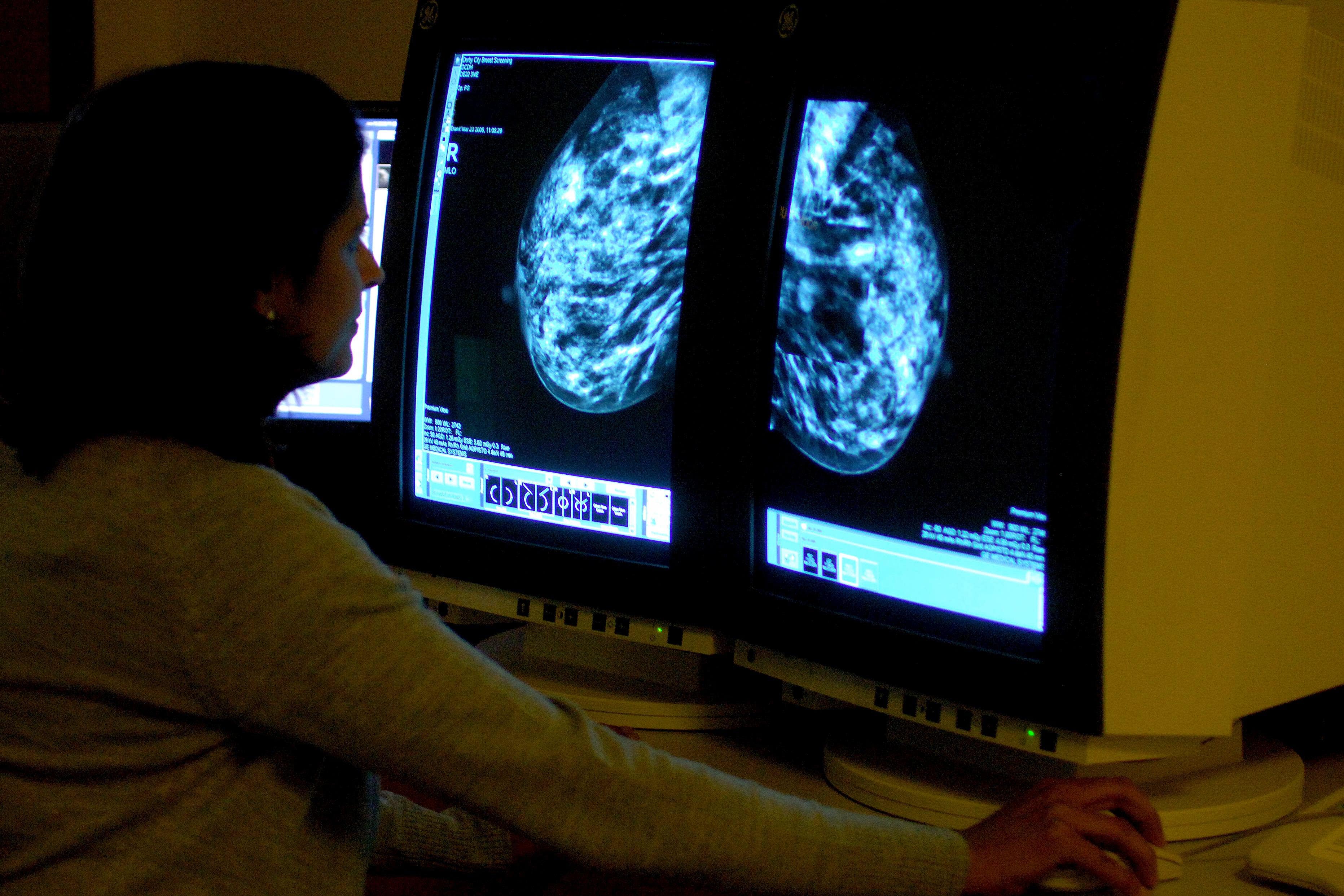New NHS drug offers lifeline to 1,600 women with rare aggressive form of breast cancer
Experts welcomed the news that women in England will be eligible for the new immunotherapy.

Hundreds of women are to benefit from a new breast cancer drug which targets one of the most aggressive forms of the disease.
Some 1,600 patients in England with triple negative breast cancer will be offered pembrolizumab after officials gave it the green light for NHS use in England.
Research suggests that taking the immunotherapy along with chemotherapy before surgery, then continuing with pembrolizumab alone after surgery increases the chance that the cancer will disappear.
It also increases the length of time before cancer returns, research has found.
This treatment brings precious hope of more lives potentially being saved from this devastating disease.
Breast Cancer Now welcomed the news and said that women with this type of breast cancer previously faced the “frightening reality of limited treatment options”.
Triple negative breast cancer is less common but a more aggressive type of breast cancer.
It accounts for around 15 per cent of all breast cancer cases, and is more common among younger patients, black women and those with a specific mutation of the BRCA1 gene.
A quarter of all breast cancer deaths are attributable to triple negative breast cancer.
Final draft guidance from the National Institute for health and Care Excellence (Nice) states that certain patients in England should be eligible for the drug, which is also know as Keytruda and made by MSD.
The immunotherapy targets and blocks a specific protein on the surface of certain immune cells which then seek out and destroy the cancerous cells.
Commenting on the news, Baroness Delyth Morgan, chief executive at Breast Cancer Now, said: “It’s fantastic news that immunotherapy pembrolizumab has been recommended for routine use on the NHS as a treatment option for an estimated 1,600 eligible patients with primary triple negative breast cancer.

“This less common but often more aggressive type of breast cancer is more common in women with an inherited BRCA gene, women aged under 40 and black women, and the risk of triple negative breast cancer returning and spreading to other parts of the body in the first few years after treatment is higher than for other types of breast cancer.
“Yet, for far too long, patients with this type of breast cancer have faced the frightening reality of limited treatment options.
“This new treatment can potentially lead to any detectable cancer disappearing by the time of surgery, meaning patients will then possibly face less invasive, breast-conserving surgery.
“Furthermore, by significantly reducing the likelihood of breast cancer recurring or spreading to other parts of the body where it becomes incurable secondary breast cancer, this treatment brings precious hope of more lives potentially being saved from this devastating disease.”
Helen Knight, interim director of medicines evaluation at Nice, said: “Triple negative breast cancer has a relatively poor prognosis and there are few effective treatments compared with other types of the disease.
Pembrolizumab is the second drug the NHS has secured for women with triple-negative breast cancer this year, and just the latest in a series of commercial drug deals struck by the NHS to ensure patients have access to the best possible treatments
“Today’s draft guidance means that we have now recommended three new treatments for routine use in the NHS since June, helping to address this unmet need and giving hope of a longer and a better quality of life to thousands of people.”
The NHS in England said that it has already struck a deal with the manufacturer so it can get the drug to patients as soon as possible.
NHS director of specialised commissioning John Stewart said: “The NHS is committed to delivering the best for its patients and this latest deal for a cutting-edge breast cancer treatment showcases the power of the NHS to agree deals for the latest medicines and treatments at affordable prices for taxpayers.
“Pembrolizumab is the second drug the NHS has secured for women with triple-negative breast cancer this year, and just the latest in a series of commercial drug deals struck by the NHS to ensure patients have access to the best possible treatments.”